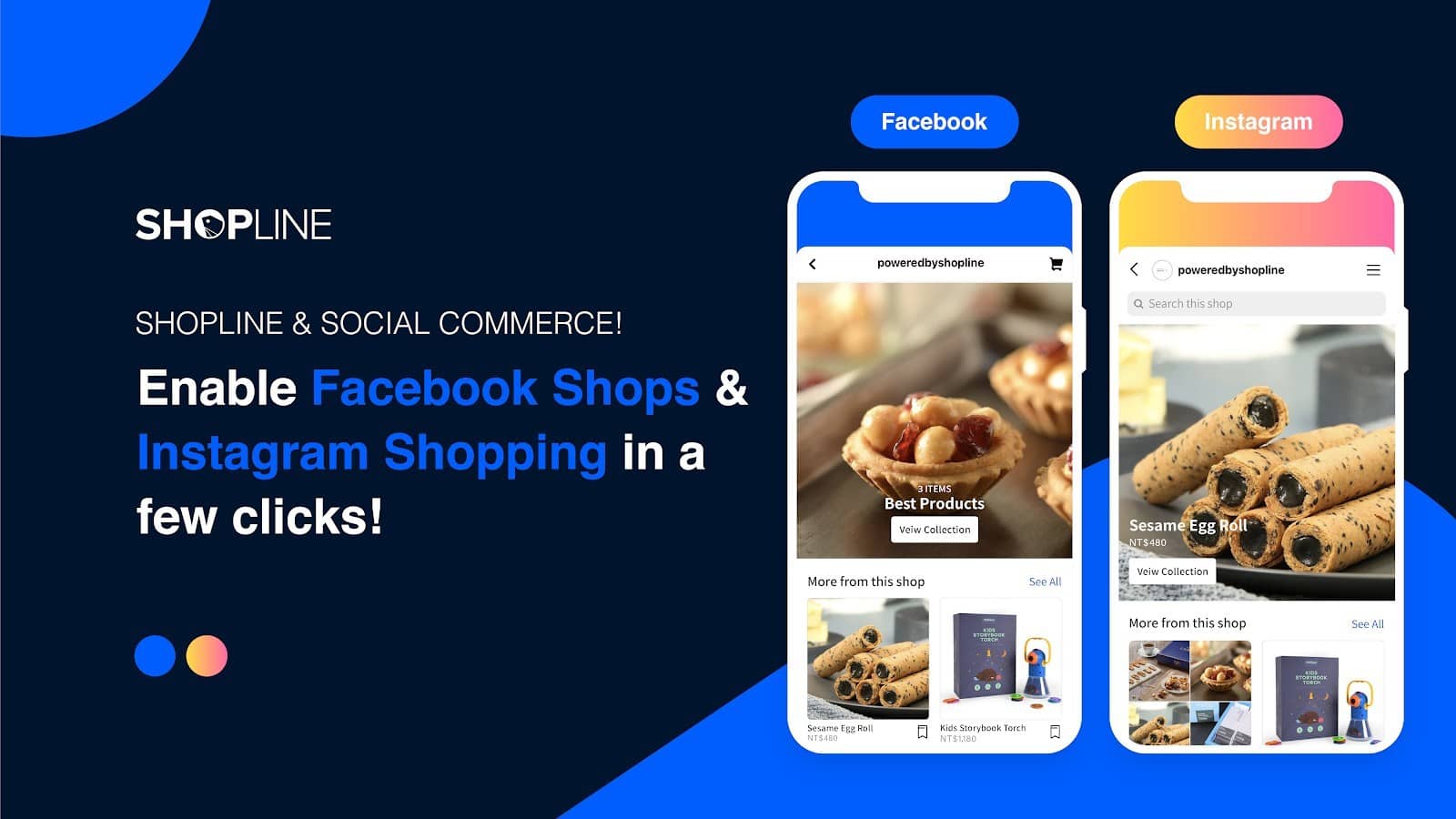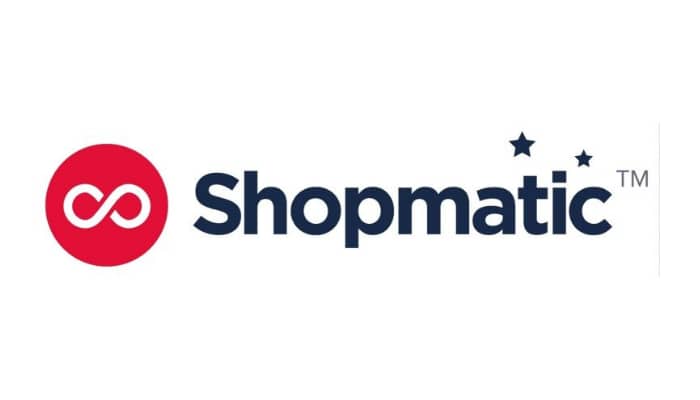Singapore –Singapore-headquartered e-commerce platform Qoo10 has come into agreement to acquire former e-commerce giant Wish from its parent company ContextLogic for approximately US$173m in cash.
In an announcement made by ContextLogic, the parent company revealed it will sell substantially all operating assets and liabilities associated with Wish to Qoo10, an e-commerce platform with localised online marketplaces across Asia.
With an acquisition cost amounting to roughly $6.50 per share, the deal still indicates an approximate 44% increase over ContextLogic’s closing stock price on February 9, 2024, the day before the transaction announcement.
ContextLogic further revealed that it will be using the proceeds from the transaction to help monetise its $2.7b net operating loss carryforwards and certain retained assets.
The transaction is expected to be completed around the second quarter of 2024, during which the Wish brand and platform will then become part of Qoo10’s family of businesses. Also, part of the agreement is for ContextLogic to begin trading under a new ticker symbol 30 days following the closing of the sale.
Meanwhile, Wish merchants and users are expected to benefit from an integrated platform. The acquisition promises new cross-border e-commerce opportunities and a more diverse selection of goods at competitive prices.
Wish was among the online shopping powerhouses in 2020. However, it has been in constant decline as market competition becomes tighter.
Tanzeen Syed, chairman of the board at ContextLogic, said, “The board conducted a thorough review of strategic alternatives with the assistance of outside financial and legal advisors. We evaluated a variety of potential outcomes and determined that the proposed sale of our operating assets and liabilities, while preserving significant NOLs, represents the best path forward to maximise value for shareholders. We also believe there is significant upside potential to obtaining a long-term aligned capital partner that would support future value creation.”
Syed continued, “The Board believes the transaction will effectively reduce the cash burn in ContextLogic to near zero, monetize its operating assets at the highest value possible, and preserve significant value for shareholders. At the same time, we believe this is a compelling opportunity for shareholders to directly benefit from the approximately $2.7 billion value of our NOLs as profitable operations are targeted by the continuing business.”
Speaking on the deal, Joe Yan, CEO of ContextLogic, also shared, “Integrating the Wish platform into Qoo10 will create a true global cross-border e-commerce platform to support the massive market demand. Upon closing, we expect the new Wish platform will have an improved customer experience through increased product assortment and merchant selection. And for our merchants, we will be able to offer fully integrated logistical capabilities to deliver unmatched cost-efficient services with high quality control and transparency. I would like to thank all of our employees for their exceptional work on behalf of Wish.”
Meanwhile, Young Bae Ku, CEO and founder at Qoo10, commented, “Wish has innovative technology that provides highly entertaining, personalised shopping experiences for its users while serving as one of the largest global e-commerce platforms. By combining our operating expertise and Wish’s technology and data science capabilities, we expect to drive greater success for merchants while providing an even greater marketplace for consumers globally.”
“With the acquisition of Wish, Qoo10 and Wish will offer a comprehensive platform for merchants, sellers, buyers, and customers globally to realise the potential of a truly global marketplace. With the strong commitment from Wish’s employees and staff combined with the Qoo10 family group of companies, we are well positioned to realise our long-stated goal of being a leading cross-border e-commerce marketplace,” he added.





